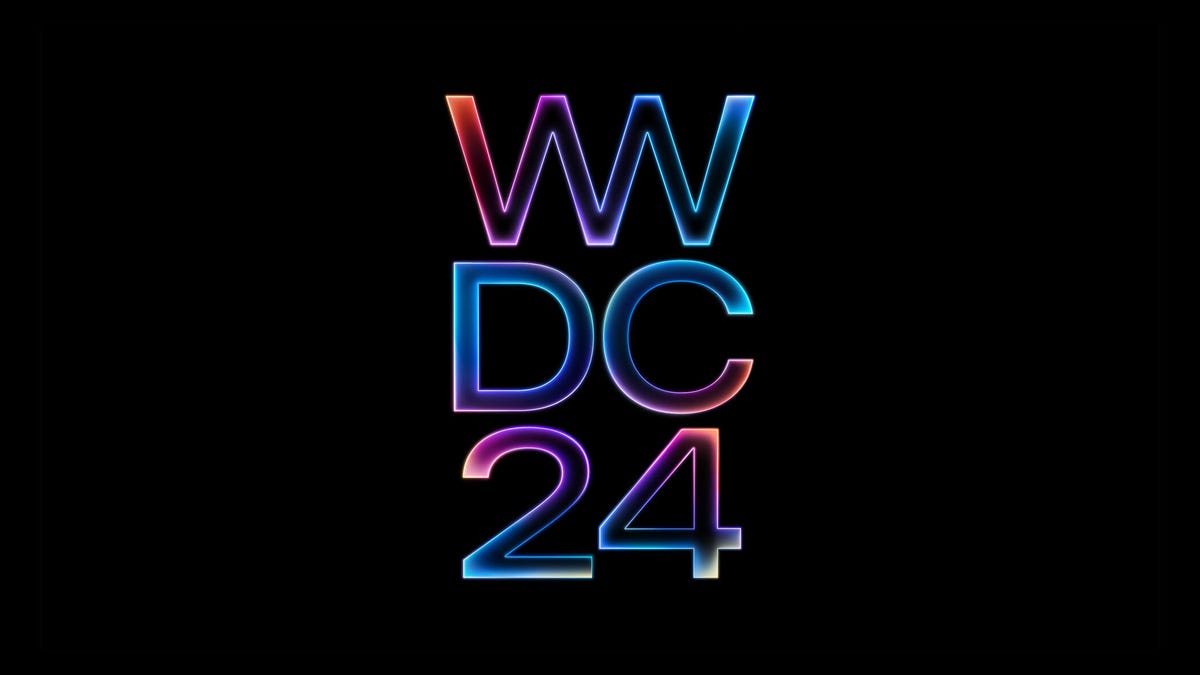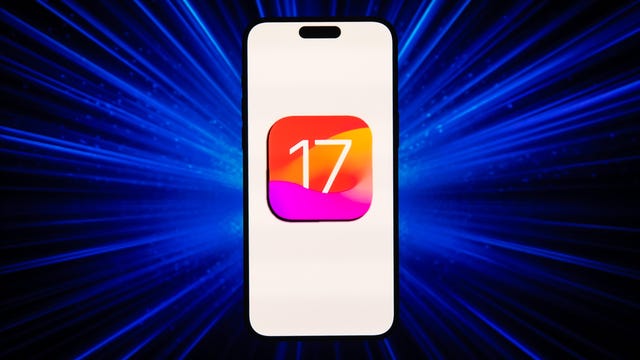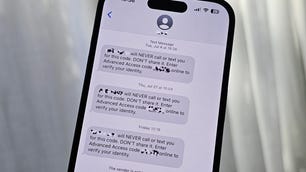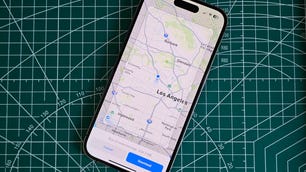Apple announced that this year’s Worldwide Developers Conference will kick off on June 10. We expect to see early looks at iOS 18 and updates for other device software like MacOS, iPadOS and even VisionOS — as well as potential news on generative AI coming to Apple devices.
Apple’s been tight-lipped about any new AI features coming to its mobile and computer lineups, but its annual developers show is the place where we’ll likely see hints of anything coming later this year. Competitors from Samsung to Intel have promoted AI capabilities in this year’s hardware and software, so the pressure is on for Apple to set a new course with generative AI in its devices.
Read more: Best iPhone to buy for 2024
Multiple reports suggest Apple is in talks with Google to bring its Gemini AI model to iPhones, which could help the devices keep up with generative AI on other mobile devices. Whether Apple has plans to use other generative AI solutions (or its own), the rumors indicate more attention on AI than we’ve seen from the company before.
While Apple still didn’t mention AI in its WWDC press release, it did note that the event will spotlight upgrades coming to VisionOS, the software powering Apple Vision Pro. Apple first revealed its mixed reality headset at last year’s WWDC 2023 and released it earlier this year. While the headset pushed the limits of AR and VR, the device’s hefty $3,500 price led some consumers to wait to see how the device will develop, so any new features revealed for the device at WWDC 2024 could lead to greater adoption.
Apple is once again holding WWDC 2024 in-person at Apple Park, and aspiring attendees who don’t score an invite or can’t make it will also be able to watch online. The event starts on June 10 with, if tradition holds, a keynote by Apple CEO Tim Cook, followed by days of specialized sessions targeted at developers building software across Apple’s ecosystem, which will wrap up on June 14.
The WWDC 2024 announcement comes on the heels of a massive antitrust lawsuit brought by the US Department of Justice against Apple, accusing the tech giant of practices that hinder fair competition. The agency, along with 16 state attorneys general, focused on the ways Apple has used the iPhone to control the app ecosystem and downgrade connections with non-Apple phones (e.g., the “green bubble” experience when texting Android devices).
“We allege that Apple has consolidated its monopoly power, not by making its own products better, but by making other products worse,” US Attorney General Merrick Garland said in a news conference last week.
Apple has denied the lawsuit’s accusations, saying in a statement that it threatens the company’s identity and principles that set its products apart from others. If the lawsuit succeeds, it would “set a dangerous precedent, empowering government to take a heavy hand in designing people’s technology.”
Read more: The US Lawsuit Against Apple Raises Questions About iPhone and Android’s Future
Editors’ note: CNET is using an AI engine to help create some stories. For more, see this post.



